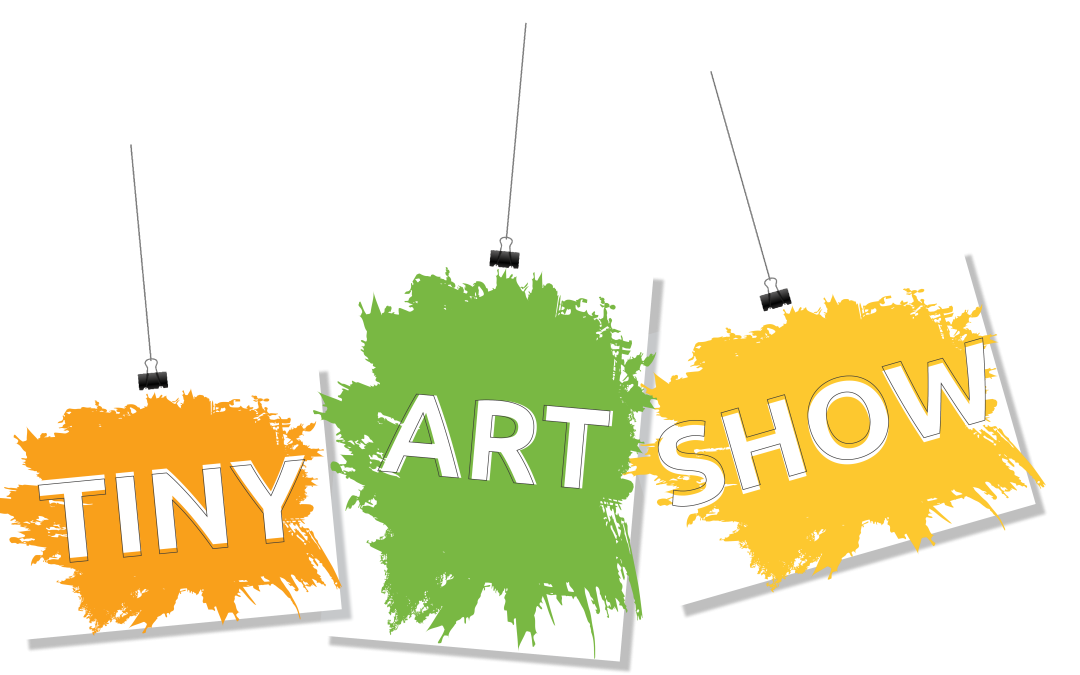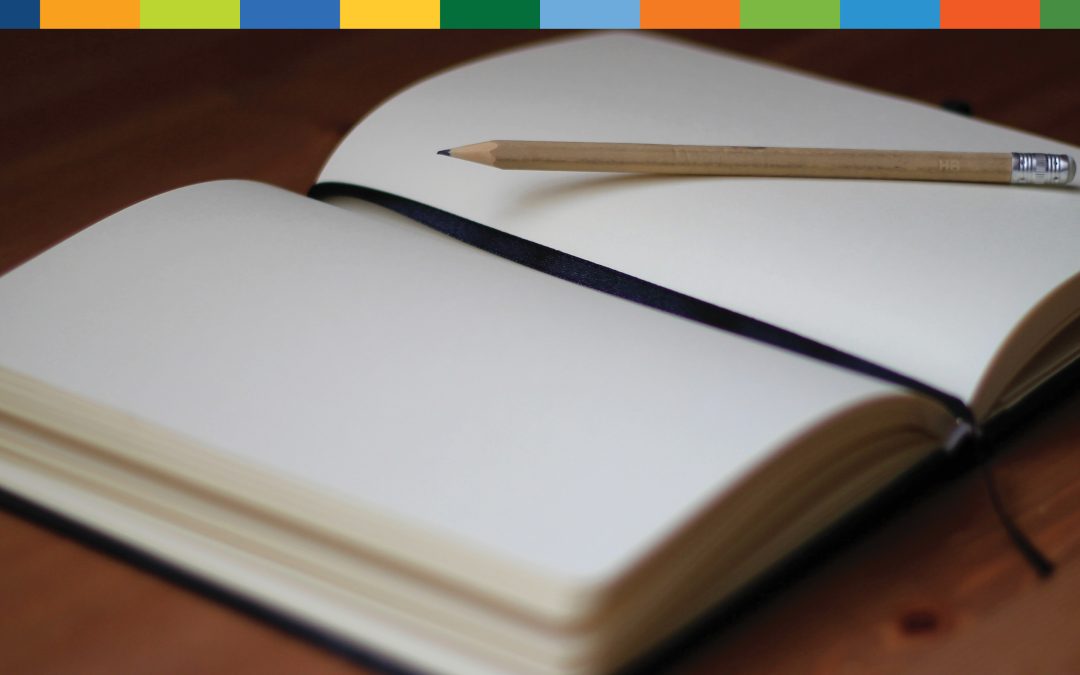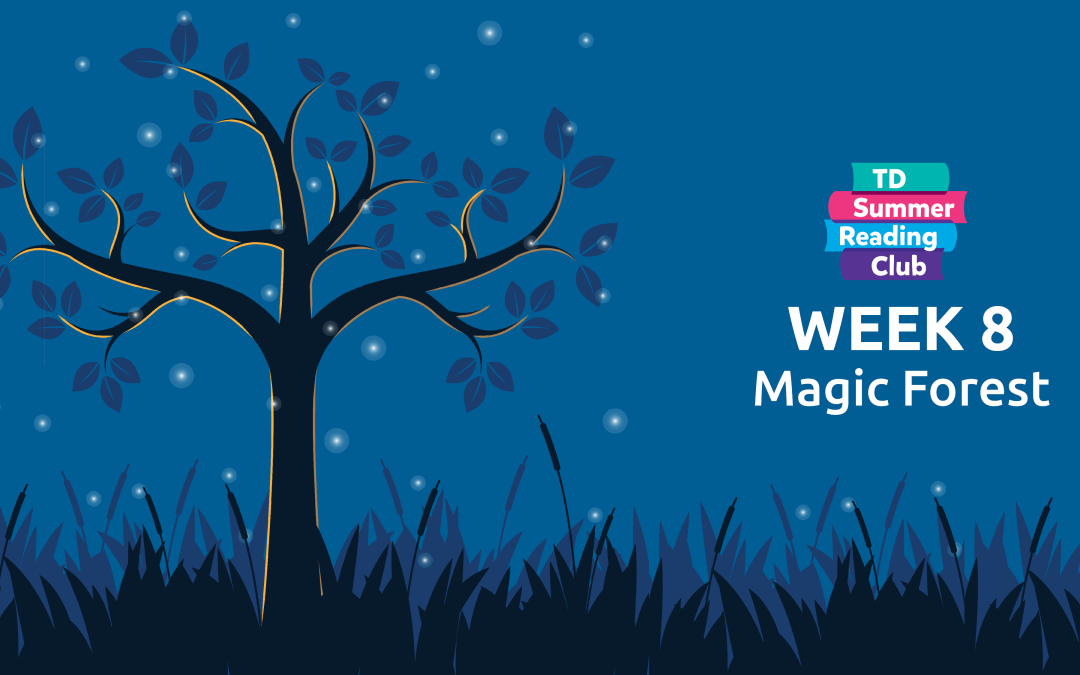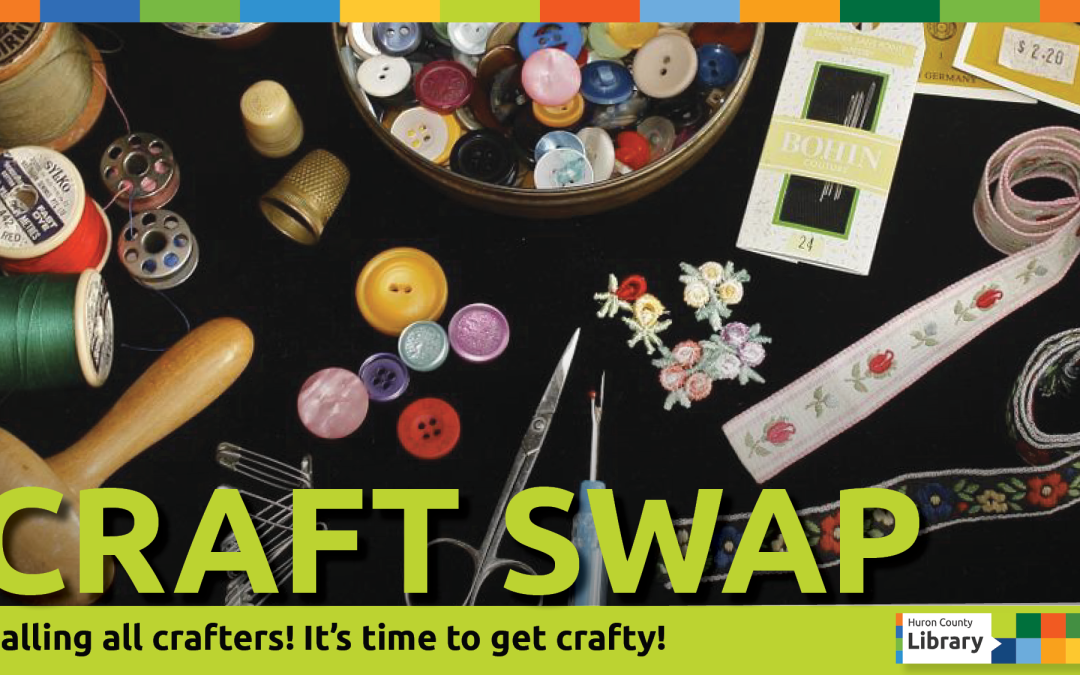How many people have started a journal, wrote enthusiastically for one or two weeks, and then missed a few days, only to abandon it as a lost cause? How many have started journaling for mental health only to stare at the blank page, stressing about what to write? How many people know someone who journals, wishing you could be that person? How many people have a stack of pretty notebooks bought with good intentions but didn’t get past the first page?
I proposed to host Saturday Scribblers at the Clinton Branch because I believe so strongly in the power and the joy that journaling can bring to your life. And I hope to help people find ways to fit a journal into your life and for the practice to become something you enjoy, something you look forward to, and something you will treasure for the future.
I am a life-long journaler, but don’t think that I have a shelf of perfectly matched volumes lined up with each year embossed on the binding. It doesn’t work that way. I have used every kind of notebook you can think of – expensive ones, dollar store ones, sketchbooks, dedicated day books, a yellow legal pad of loose paper…it all works. Different times of your life require different ways to record it.
It’s not about the pretty diary with the little lock that some of us may have had in elementary school. What is the difference between a diary and a journal, you might wonder? For the duration of this workshop series, they are the same thing. There is a lot of debate about this but I don’t think it really matters what we call it. Do you call the evening meal dinner or supper? Is it a couch, sofa, or chesterfield? All the same in the end. So I’ll use the term journal the most because that’s what I call what I do…but saying keeping a diary is totally fine.
My History of Journaling
So like many of you, I started journaling in my pre-teen years, using it as a place to pour out all my woes. I was in need of a friendly ear. In this way, I was much like one of the most famous diaries of all time – Anne Frank. In the first entries of her famous book, she is just a young girl in need of a friend, naming her diary “Kitty”. I was on and off successful and most of the ones I still have are frankly embarrassing to read. But I persisted and continued to try and “fail” many times, often getting hung up on the rules.
Julia Cameron
But in the mid-1990s, I came across a book in a used book store, The Artist’s Way by Julia Cameron. At the time it was fairly new, before she became the Godmother of journaling. The book was set up like a course and she had “rules” guidelines – assignments that made it feel like I was teaching myself how to do this “right”.
Her basic tenants are to do three “morning” pages of stream-of-consciousness writing. It’s not about creating beautiful prose, it’s about showing up every day and pouring out the contents of your brain onto the page. It’s about creating a habit, being comfortable, and finding your voice. She also recommends a weekly “Artist Date” to fill your creative well and she has gone on the write many many books on the subject.
It was about this time I used the lined yellow pads and dutifully did my three pages a day. I do credit my morning pages with creating the habit, but also it helped me find my voice, and what I wrote became useful to me. This was during a difficult period of my life and when I had a stack of pages to look back on, I could see things from a different vantage point and had a lot of “ah-ha” moments.
But then I moved on…and that’s okay too.
Rules of Journaling
Rule #1: It needs to be dated. Whatever you are writing or preserving is “of this moment”. The difference between journaling and many other forms of writing is that it is something recorded concurrent to the events happening in your life and keeping a record of it. That being said, how precise a date is up to you, but years from now you may want to look back and remember the day. But a general summing up of your week every Sunday morning in your jammies, with a warm beverage, may work for you.
Rule #2: Really, there are no other rules. Journals can come in many shapes, forms, and processes. Many of us envision a leather-bound tome with gilded edges but that is not the only one that counts. Do you want to keep a daily record on your laptop? Or a sketch a day in your daytimer? A few words of gratitude every night before you go to sleep? It all is okay. As are the many reasons that people journal, it might be for a set period of time – like a pregnancy journal, for a trip, or to track a health journey. It all counts. And to get to where you feel like you have found the right one may take time and several attempts.
Learn More
- Saturday Scribblers: Whether you are looking to get started with journaling or are an avid journaler who would love to find a journaling community, all are welcome.
- Check it out: Visit our online catalogue to explore more resources about journaling.






